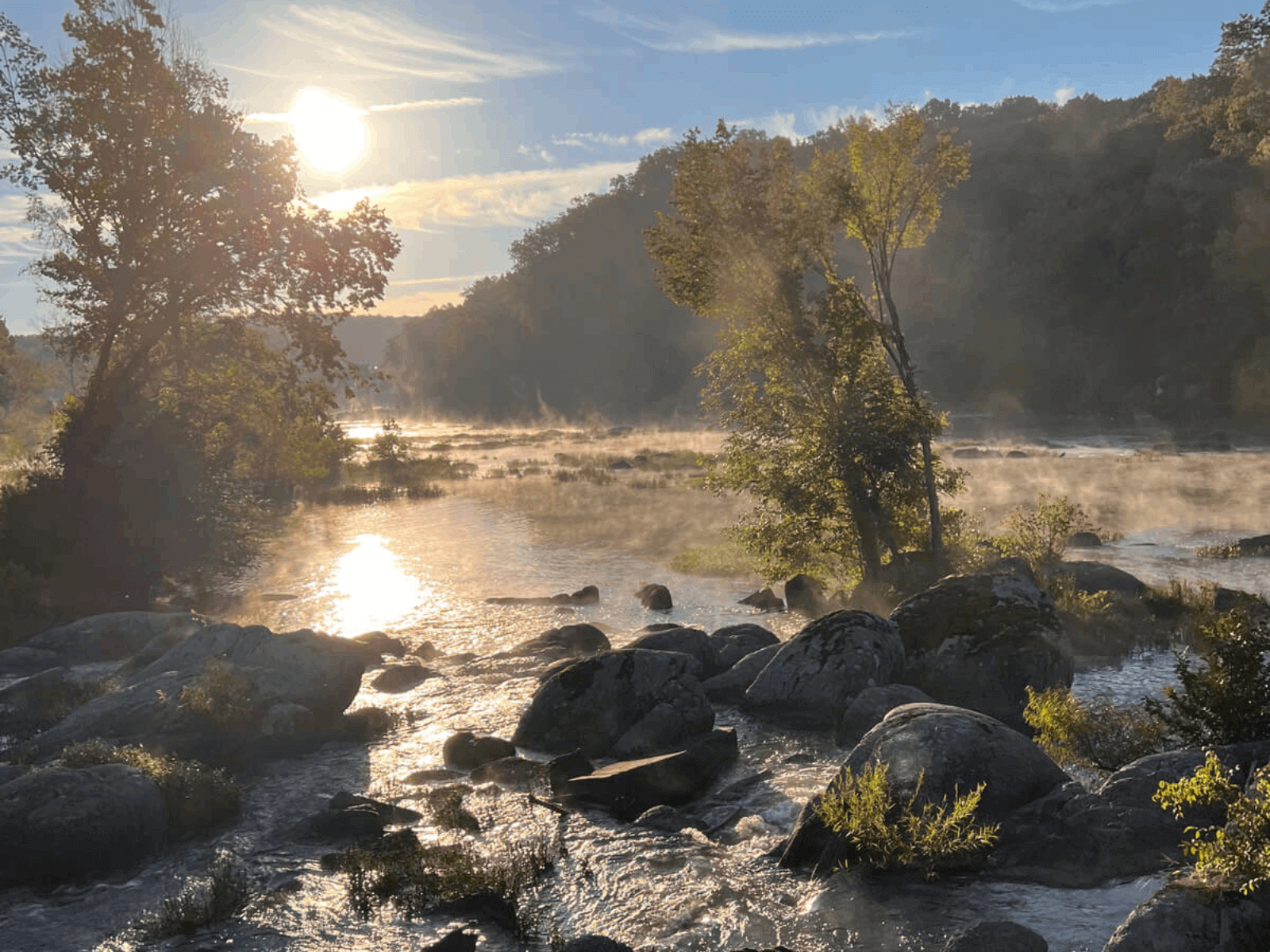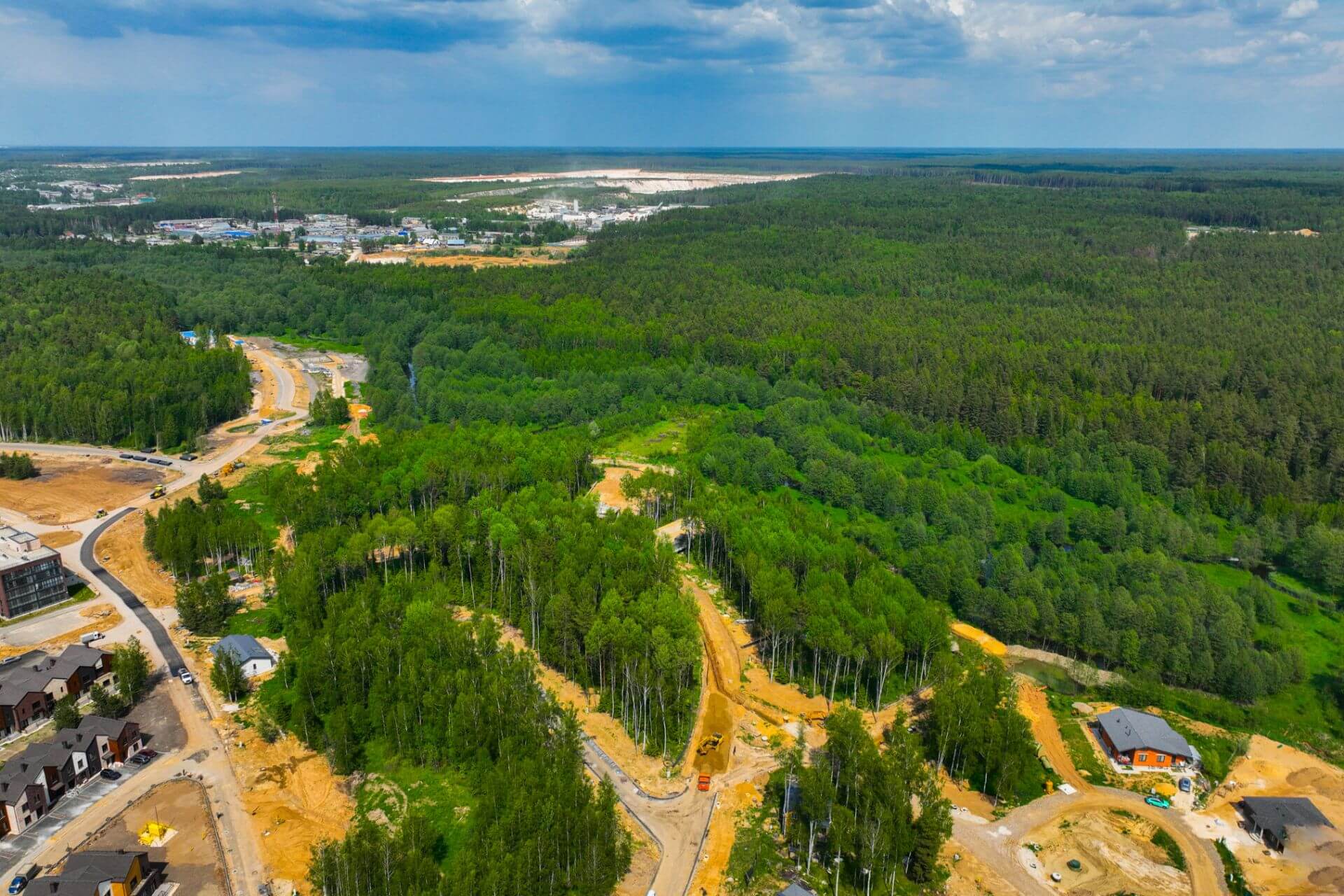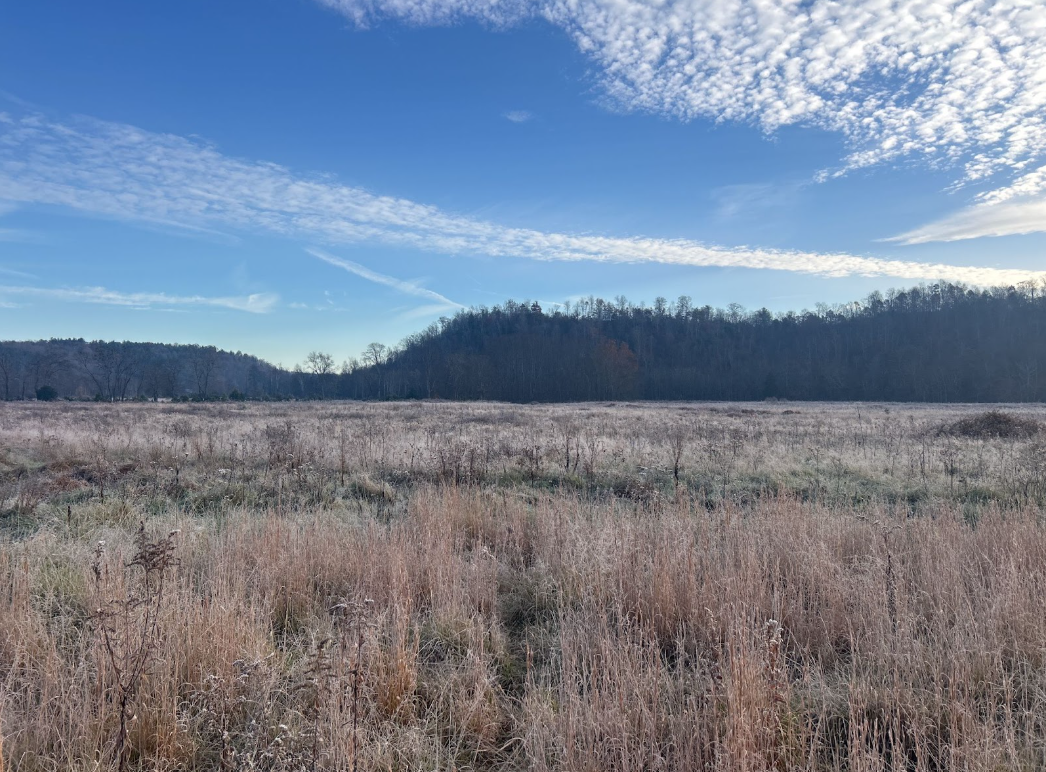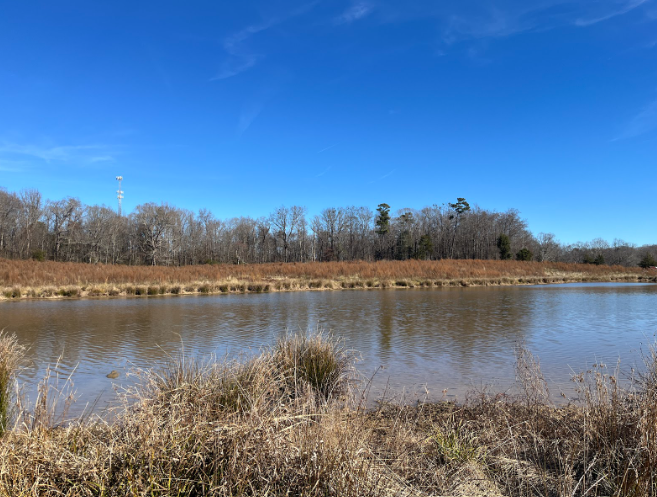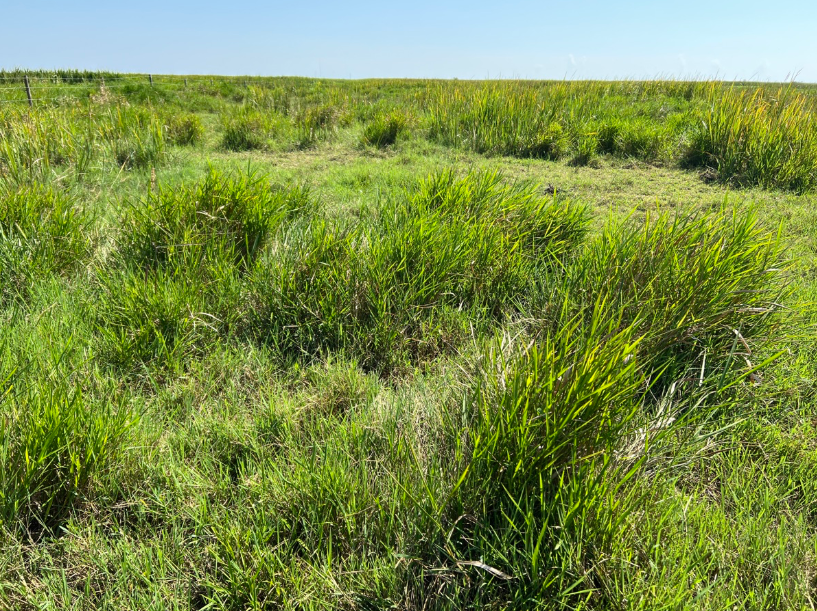
Dr. Christine Pickens is a wetland ecologist with over 15 years of experience in ecological research, restoration project management, and partnership building on projects in North Carolina, Louisiana, Ohio, Georgia, and California.
Christine has managed a diversity of projects including restoring coastal wetlands on barrier islands in the Gulf of Mexico, enhancing marsh and expanding oyster habitat in the Albemarle and Pamlico Sounds, re-wetting pocosin in northeastern North Carolina, and riverine restoration within the Cape Fear River Basin.
She is adept at securing and administering federal, state, and private grant funding for large-scale restoration and conservation projects. A common theme in her work is utilizing partnerships to improve project impact. For example, she’s worked with municipalities, military partners, National Wildlife Refuges, private landowners, federal and state environmental agencies, and other conservation organizations.
As Executive Director for Unique Places to Save, Christine ensures that organizational decision-making is grounded in evidence-based knowledge. Her current on-the-ground efforts are focused on multidisciplinary coordination of dam removal and conservation of imperiled wetland types. She’s also expanding public access to and understanding of nature through park development and educational outreach.
Christine earned her Ph.D. in Environmental and Evolutionary Biology from the University of Louisiana at Lafayette where she researched mangrove and salt marsh interactions in response to climate change.
She also holds an M.S. in Biology from Bowling Green State University where she studied cavity-nesting bird behavioral ecology in oak savanna, and a B.A. in Biology from St. Mary’s College of Maryland.
Christine serves her local community as a volunteer Troop Co-Leader with the Girl Scouts. She is passionate about spending time in nature with her husband and three children.

